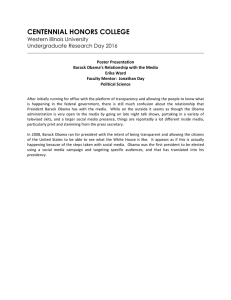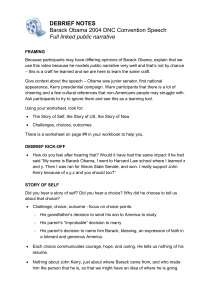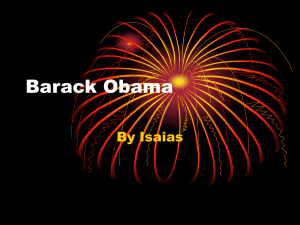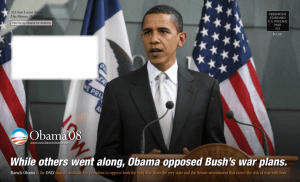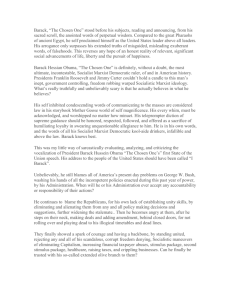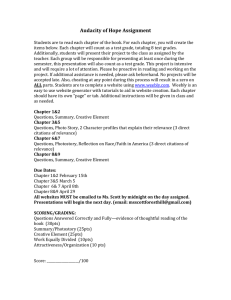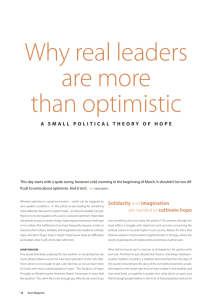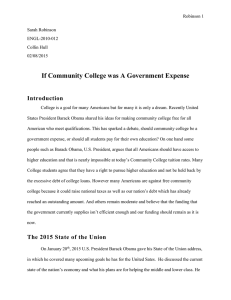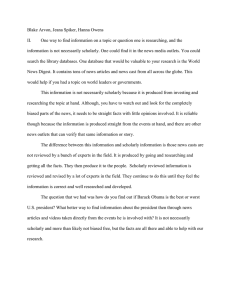Freewrites - Professor DeFrance
advertisement
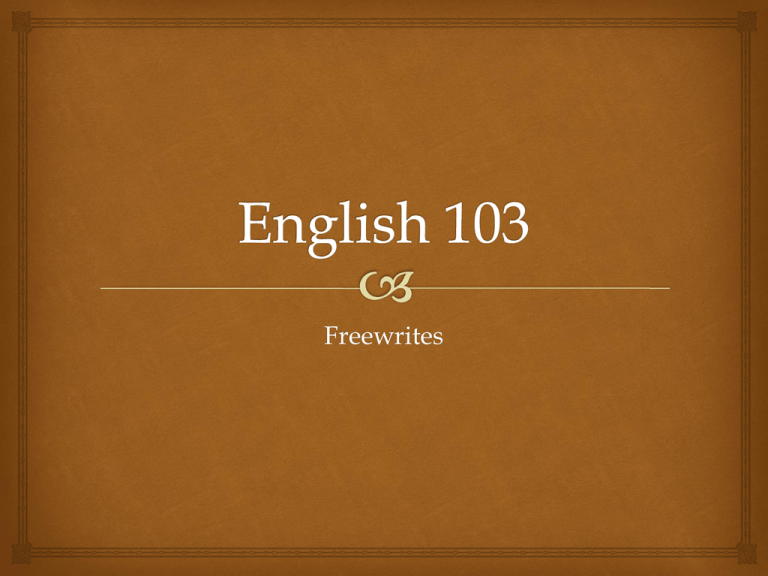
Freewrites Freewrites “Most productive writers share the feeling that the first draft (and most…that follow) is an opportunity to discover what they have to say and how they can best say it”—from the Maker’s Eye: Revising Your Own Manuscript, Donald Murray 4 Stages of Writing 1. Pre-Writing Generating Ideas 2. Writing 3. Revising Re-think, re-considering, re-writing 4. Editing Correcting grammar and mechanics Types of Pre-Writing 1. Brainstorming: identify topics and narrow them-top to-bottom) 2. Clustering: as devised by Gabriele Rico, it is uncensored brainstorming and doodling, circling 3. Questioning: how did this event influence me?, what did I learn?, and the journalistic questions 4. Keeping a Journal: record observations, impressions, reactions to a piece of literature, or incidents 5. Freewriting: write for 10-15 minutes on a given topic William Faulkner “A writer needs three things, experience, observation, and imagination.” Prompt: What other qualities or skills does a good writer need? Ralph Waldo Emerson “Put the argument into a concrete shape, into an image, some hard phrase, round and solid as a ball, which they can see and handle and carry home with them, and the cause is half won”— Ralph Waldo Emerson Discussion Question: Analyze what each word or phrase suggests about an effective argument Peter Singer a central part “That’s of philosophy, of ethics. What do I owe to strangers? What do I owe to my family? What is it to live a good life? Those are questions which we face as individuals.” Prompt: Analyze and answer these 3 questions Thomas Jefferson “Our liberty depends on the freedom of the press, and that cannot be limited without being lost.” Discussion: Analyze. Do you agree/disagree? To what degree? Mikhail Bakunin “The first revolt is against the supreme tyranny of theology, of the phantom of God. As long as we have a master in heaven, we will be slaves on earth.” Discussion: Is there a connection between organized religion and oppression? Frantz Kafka “Every revolution evaporates and leaves behind only the slime of a new bureaucracy.” Discussion: Analyze. Is this the inevitable conclusion of revolutions? Matthew Arnold “Have something to say, and say it as clearly as you can. That is the only secret of style”—Matthew Arnold Discussion Question: What are some keys to effective speech and speech giving? Rhetorical Analysis: President Barack Obama Rhetorically analyze President Barack Obama’s “A More Perfect Union” for its (1) message, (2) devices, (3) audience, and (4) effectiveness Rhetorical Analysis: President Barack Obama Rhetorically analyze President Barack Obama’s “Words Matter” for its (1) message, (2) devices, (3) audience, and (4) effectiveness Zora Neale Hurston is “Research formalized curiosity. It is poking and prying with a purpose.”— Zora Neale Hurston Discussion Question: What is your purpose in your research paper? George Orwell “When I sit down to write a book, I do not say to myself, ‘I am going to produce a work of art.’ I write because there is some lie that I want to expose, some fact to which I want to draw attention, and my initial concern is to get a hearing”—George Orwell, “Why I Write” Discussion Question: To what do you want to draw attention in your research paper? Wilson Mizner you steal from one “Ifauthor it’s plagiarism; if you steal from many, it’s research”— Wilson Mizner Discussion Question: Analyze Mizner’s claim. In what sense is this true? In what sense is this false?
